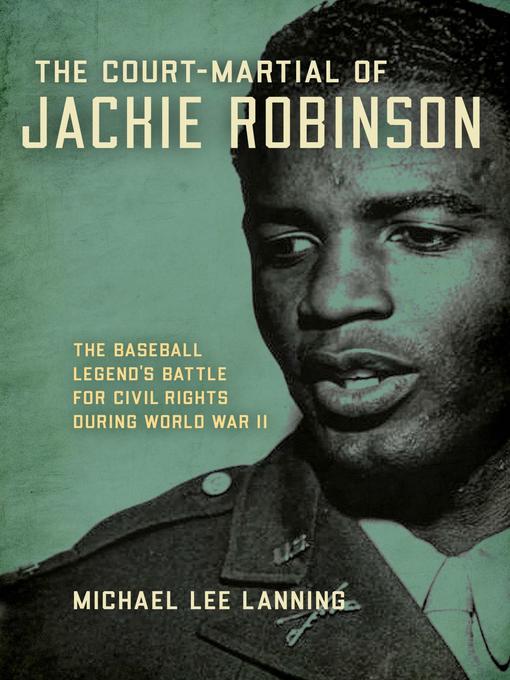- Available now
- New eBook additions
- New kids additions
- New teen additions
- Most popular
- Try something different
- Books that will make you LOL
- Christian Fiction
- See all ebooks collections
- Available now
- New audiobook additions
- New kids additions
- New teen additions
- Most popular
- Try something different
- Thrilling Listens
- Family Reading Time
- See all audiobooks collections
- Magazines are back! Check them out!
- Cooking & Food
- Fashion
- Health and Fitness
- Home & Garden
- News and Politics
- All Magazines
- See all magazines collections

